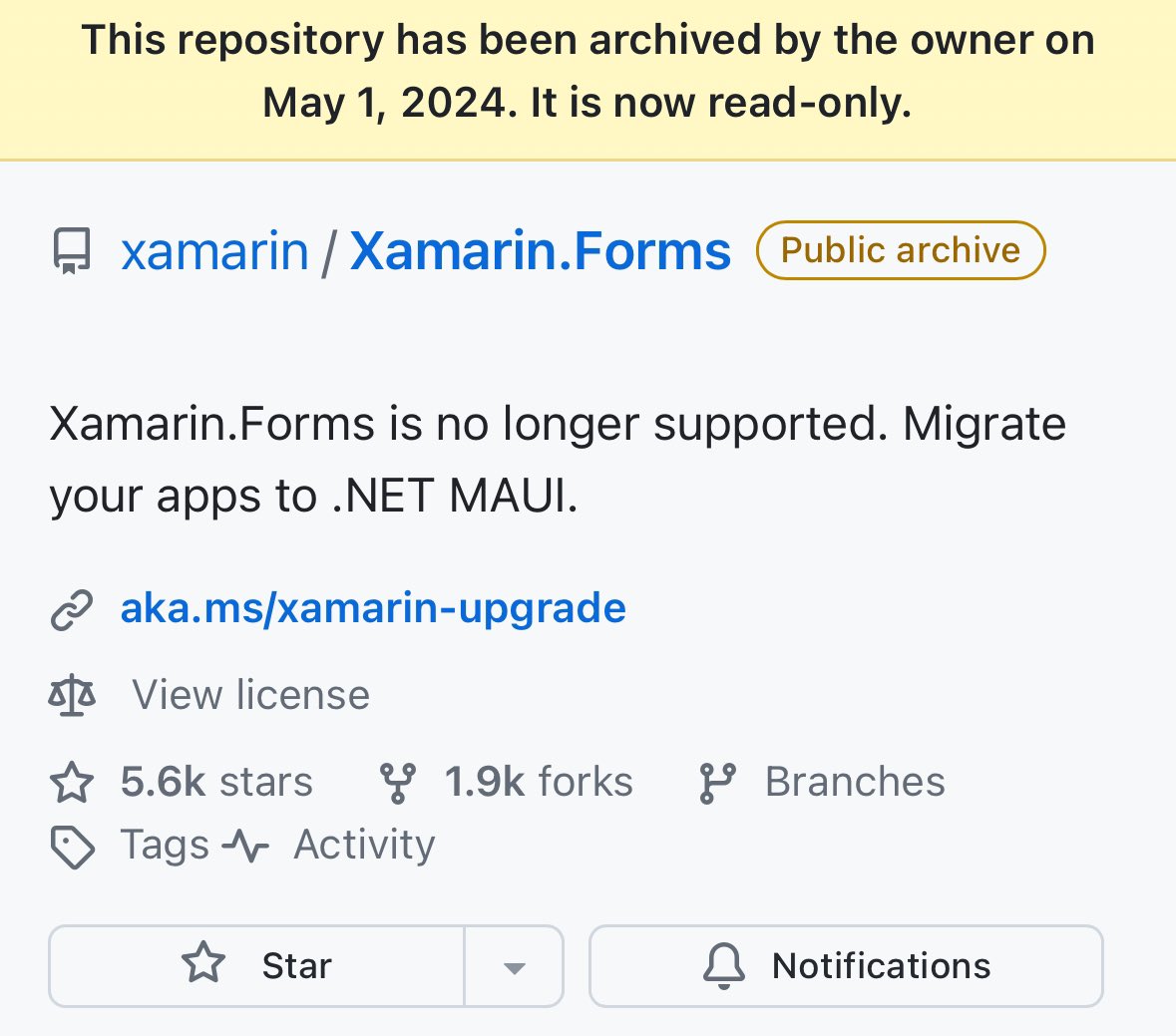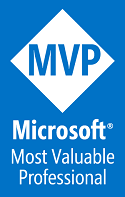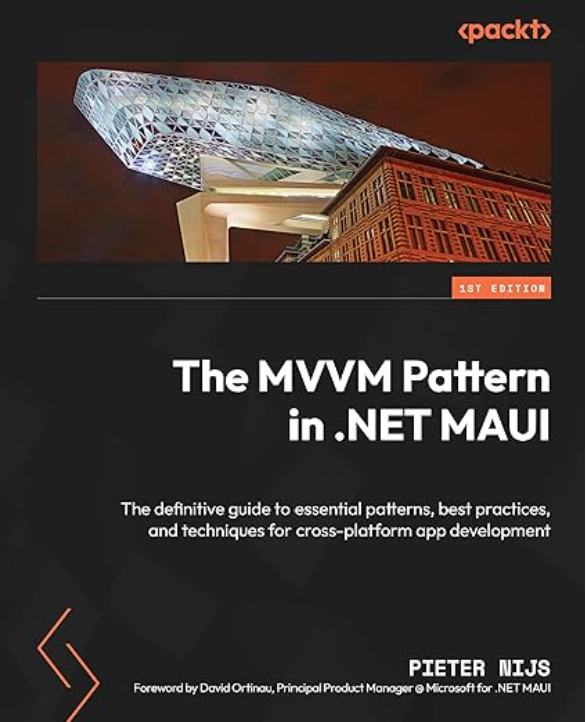Yesterday marked a bitter sweet moment in the world of mobile development: Xamarin, a tool that has been instrumental in the evolution of cross-platform mobile applications, was officially archived.
This news brings a mix of emotions for me. As a mobile dev consultant, Xamarin has not just been a part of my professional toolkit—it has shaped my entire career.
The Xamarin Journey
My journey with Xamarin began when I, as a .NET developer, was looking for robust solutions to build cross-platform applications that didn’t compromise on performance or user experience. Xamarin stood out in several ways: From its foundational concepts, to its open and supportive community, the ability I could leverage all my C# knowledge to build native applications… Love at first sight! 

Being part of this community contributed significantly to my recognition as a Microsoft MVP. The Xamarin community, always vibrant and innovative, has been a cornerstone of my professional growth, providing a platform to connect, share, and evolve with fellow developers who are equally passionate about making software development accessible and streamlined.
Embracing .NET MAUI
As we close the chapter on Xamarin, we turn the page to a promising new successor: .NET MAUI. This transition is not the end of an era, but rather the continuation of innovation. .NET MAUI is not just a replacement; it’s an enhancement and expansion of Xamarin’s foundational concepts. It leverages modern programming paradigms and integrates seamlessly with the broader .NET ecosystem, making it a powerful tool for building native cross-platform applications.
The migration from Xamarin to .NET MAUI is expected to have its challenges. Yes, there will be headaches—migrations are never pain-free. However, the capabilities and future potential of .NET MAUI make these challenges worth tackling. For teams committed to the .NET platform, embracing .NET MAUI is the logical step forward.
The Future of Cross-Platform App Development
Xamarin’s archiving is indeed an end of an era but also the beginning of a new, exciting chapter with .NET MAUI. As we transition from the familiar comforts of Xamarin, let us embrace the new challenges and opportunities that .NET MAUI presents.
The future of cross-platform app development is bright, and it is led by technologies like .NET MAUI that build on past successes to create future opportunities. It’s a testament to the enduring importance of innovation and adaptability in technology—principles that have always driven the developer community forward.
I invite all of you to share your experiences with Xamarin and your thoughts or plans regarding the move to .NET MAUI. Let’s continue to learn from each other and grow together in this ever-evolving landscape of technology.
Feel free to dive deeper into .NET MAUI and start your journey in migration by checking out Microsoft’s official documentation and community resources.



 The king is dead, long live the king!
The king is dead, long live the king! 


1 Pingback